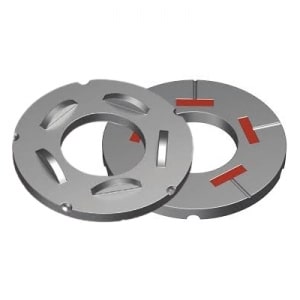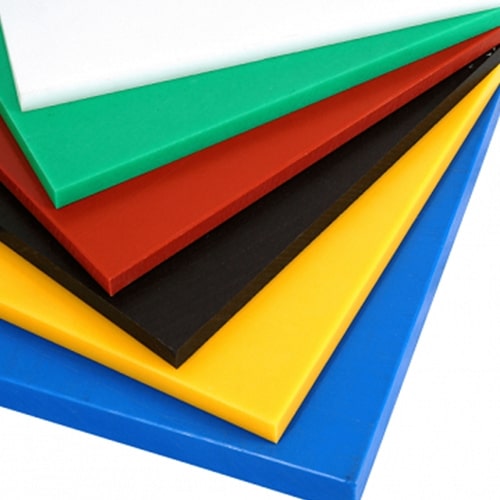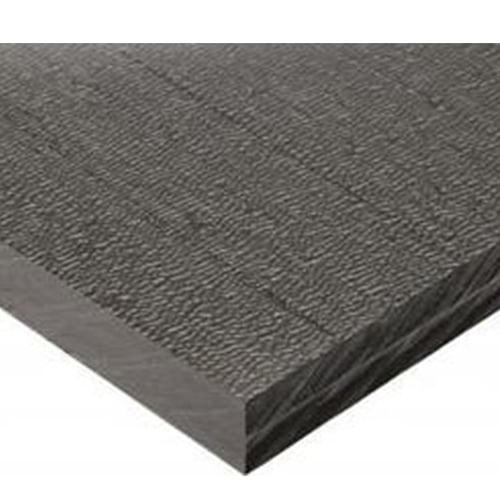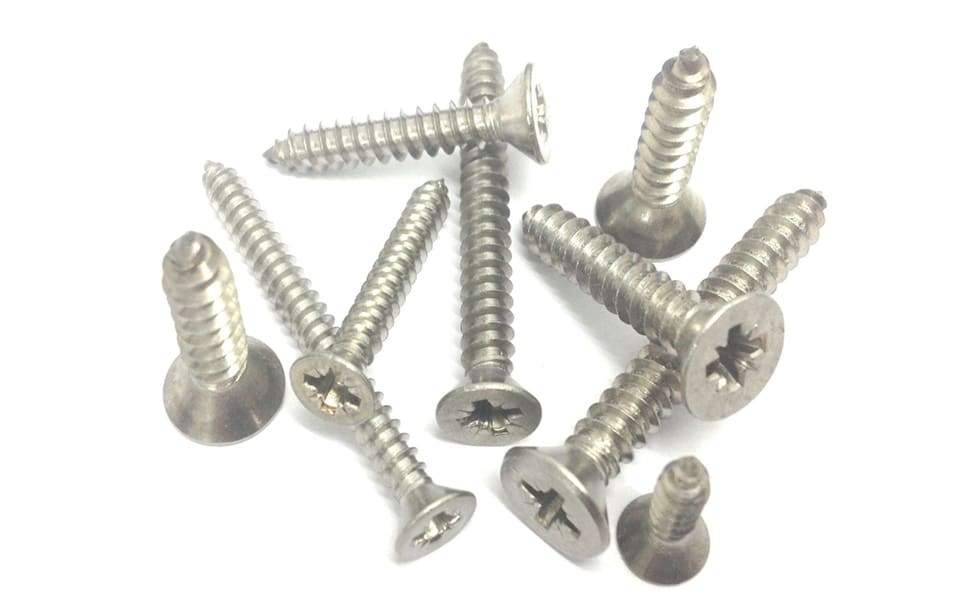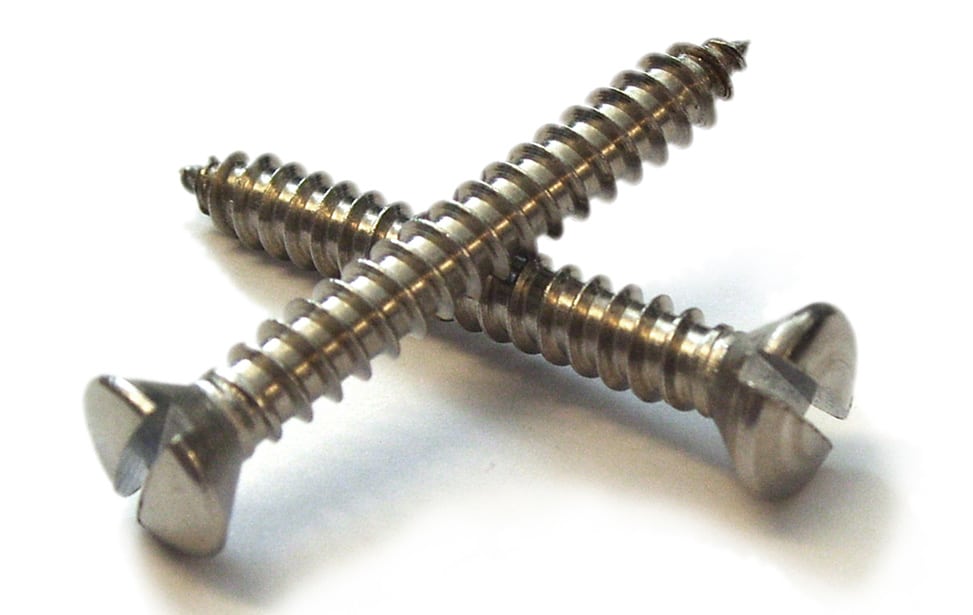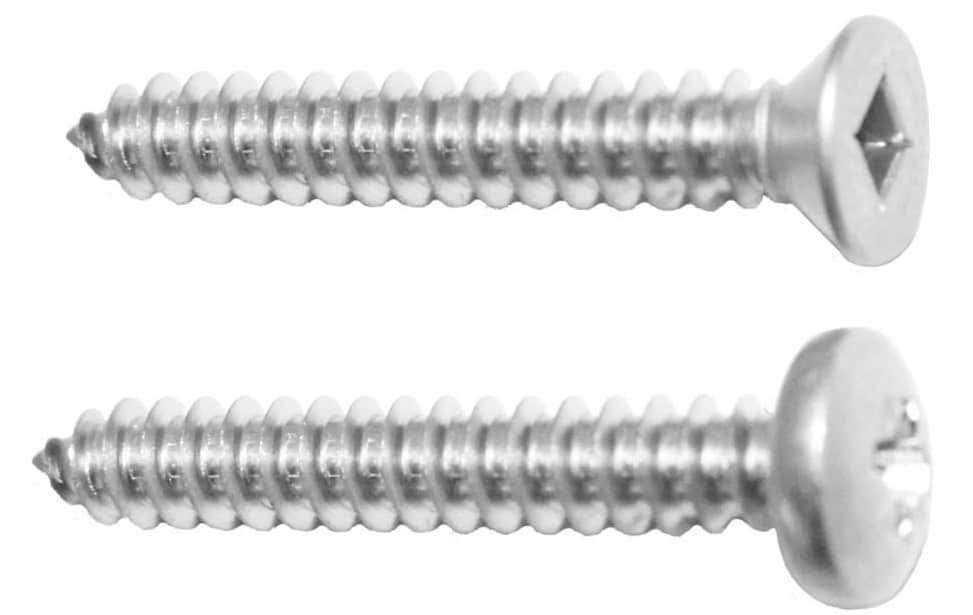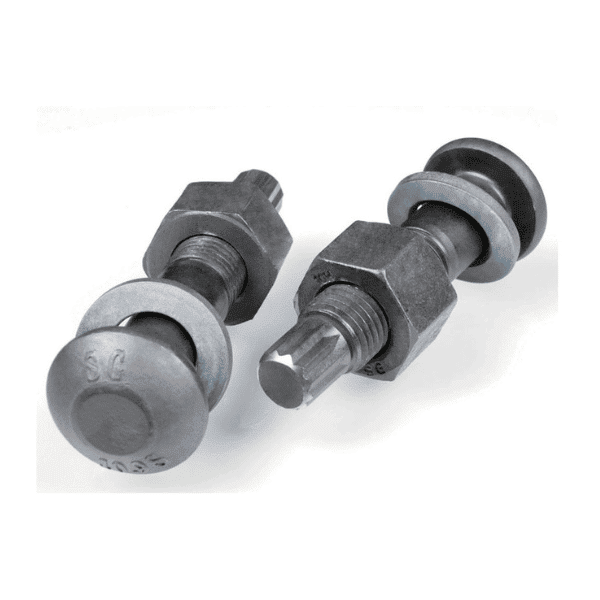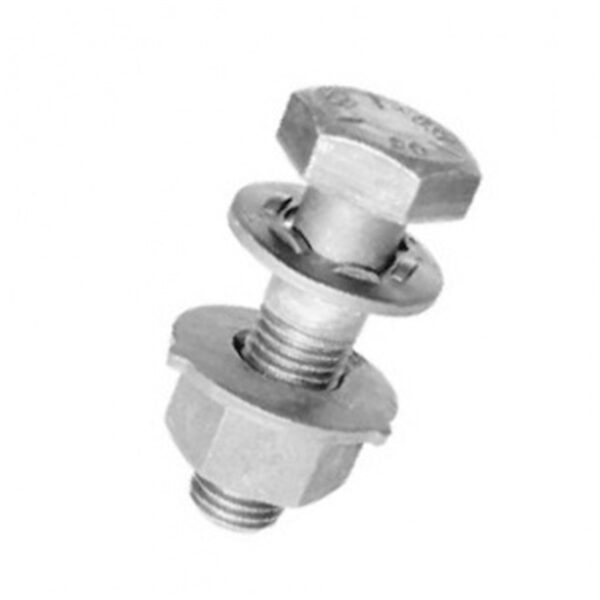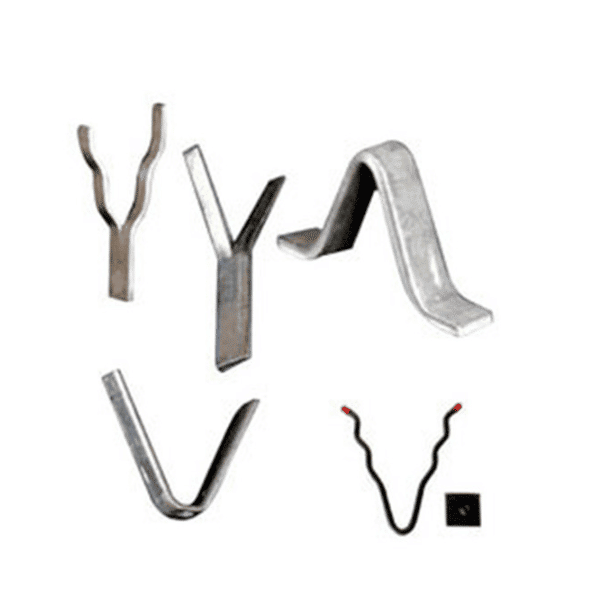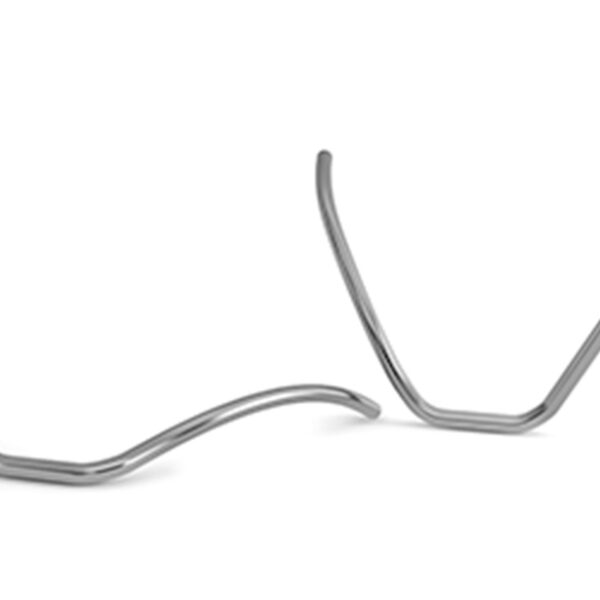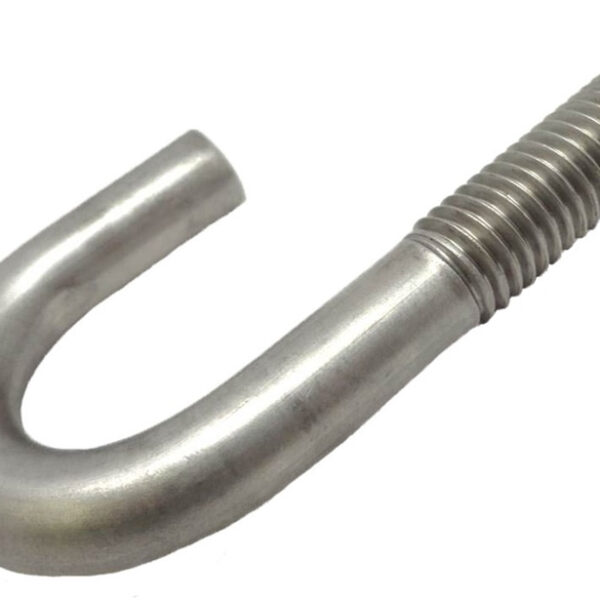A Self Tapping Screw is a screw that can tap its own hole as it is driven into the material. For hard substrates such as metal or hard plastics, the self-tapping ability is often created by cutting a gap in the continuity of the thread on the screw, generating a flute and cutting edge similar to those on a tap. Thus, whereas a regular machine screw cannot tap its own hole in a metal substrate, a self-tapping one can (within reasonable limits of substrate hardness and depth). For softer substrates such as wood or soft plastics, the self-tapping ability can come simply from a tip that tapers to a gimlet point (in which no flute is needed). Like the tip of a nail or gimlet, such a point forms the hole by displacement of the surrounding material rather than any chip-forming drilling/cutting/evacuating action.
Specification :
Standards : ASTM / ASME / BS / DIN / BS EN ISO
Size : M02 to M33
Length : 6.0mm-130mm, 1/2″-5″
Threads : UNC, 8UN, UNF, Metric Coarse & Fine Series.
Material & Grades
Stainless Steel Self Tapping Screws :
304/304L, ASTM A182 F316L, 304L, DIN 1.4301, DIN1.4306, DIN 1.4401, DIN 1.4404
Duplex & Super Duplex Steel Self Tapping Screws :
UNS NO S31803, S32205. UNS S32750, S32950. Werkstoff No. 1.4462
Nickel Alloy Self Tapping Screws :
UNS 2200 ( NICKEL 200 ), UNS 2201 (NICKEL 201 ), UNS 4400 (MONEL 400 ), UNS 8020 ( ALLOY 20 / 20 CB 3, UNS 8825 INCONEL (825), UNS 6600 (INCONEL 600 ), UNS 6601 ( INCONEL 601 ), UNS 6625 (INCONEL 625), UNS 10276 ( HASTELLOY C 276 )







